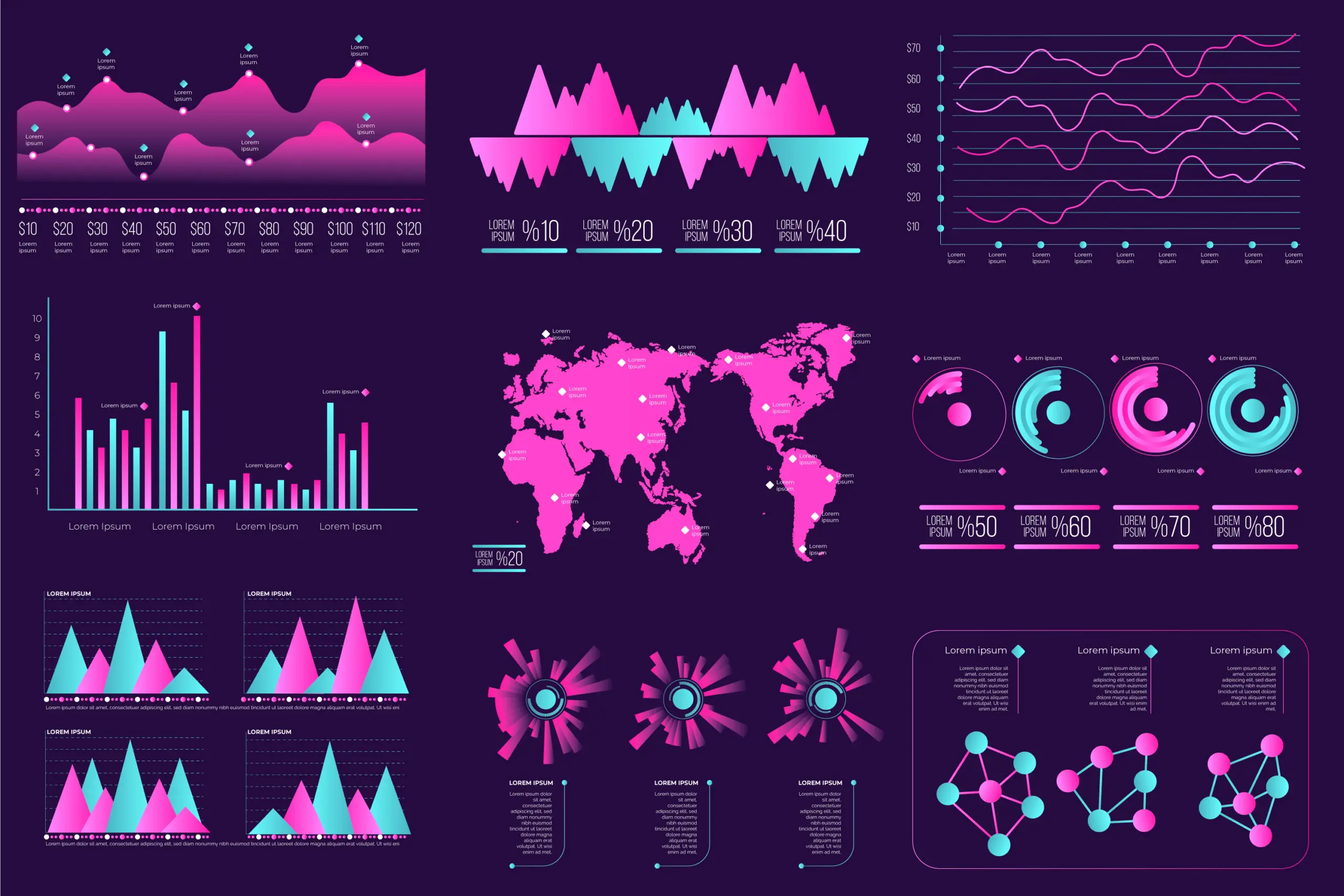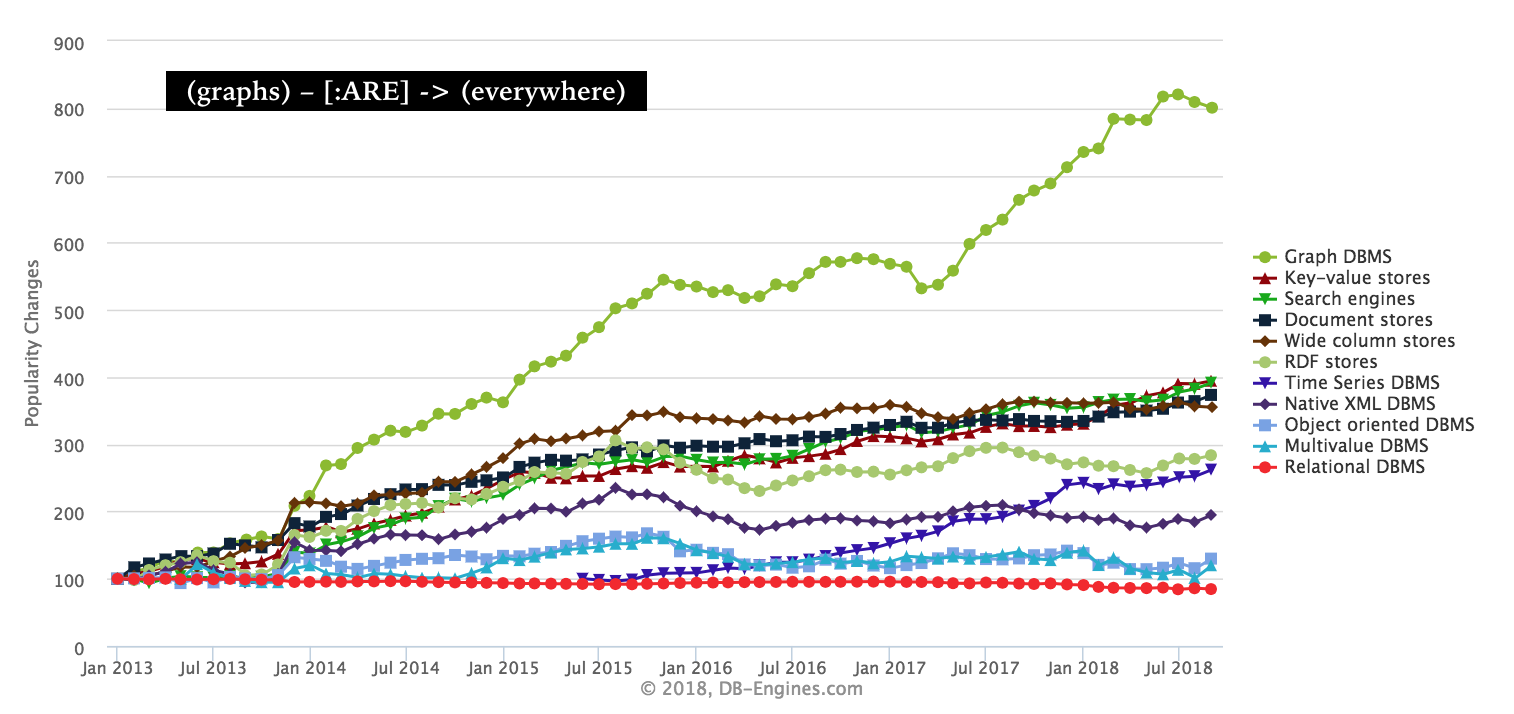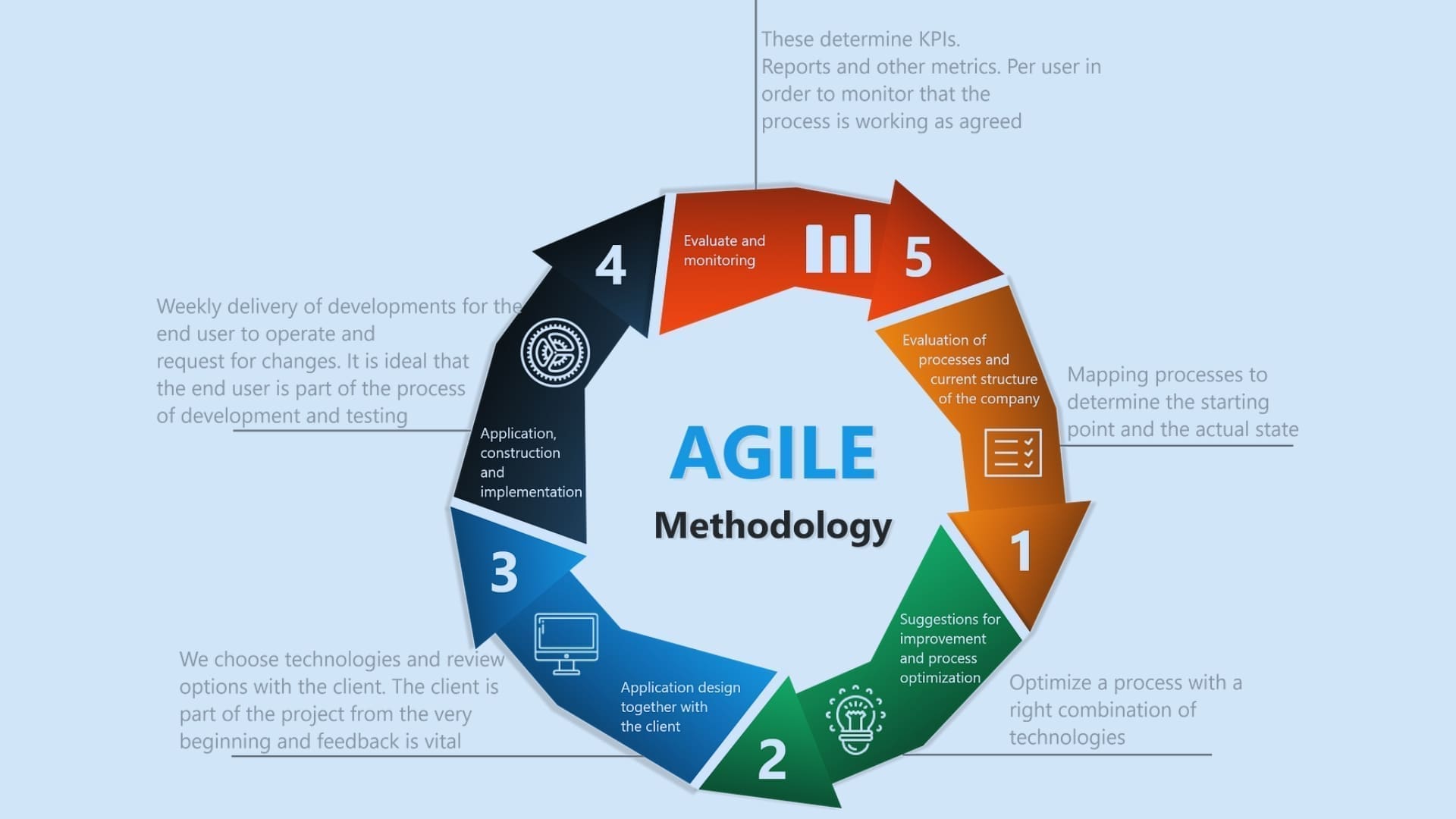Cohere Acquires Ottogrid to Enhance AI-Powered Market Research
AI startup Cohere has acquired Ottogrid, a Vancouver-based platform that develops enterprise tools for automating certain kinds of high-level market research. The acquisition, announced by Ottogrid founder Sully Omar, aims to integrate Ottogrid's capabilities into Cohere's AI platform.
Details of the Acquisition
Sully Omar announced the deal on X, noting that Ottogrid will sunset its product but will provide customers with a reasonable transition period. The terms of the acquisition were not disclosed.
Omar expressed excitement about joining Cohere, stating, "We’re very excited to join the Cohere team and integrate Ottogrid into Cohere’s platform. Through our work with Cohere, we’re [going to] dramatically impact how people can automate their workflows, enrich their data, and scale their operations."
Cohere's Strategic Moves
Cohere's purchase of Ottogrid comes at a time of corporate recalibration. While the company missed revenue projections from early 2023, it recently announced that its annualized revenue reached $100 million. This growth follows a strategic shift towards private AI deployments for clients in sectors such as healthcare, government, and finance.
About Ottogrid
Ottogrid, initially launched as Cognosys in 2023 by Sully Omar and Homam Malkawi, rebranded in October 2024 with a platform redesign that introduced new integrations, tools, and APIs. The platform offers a native table interface with AI-powered document analysis capabilities, allowing users to extract data from websites directly into spreadsheets and enrich sales lead lists automatically.
Prior to the acquisition, Ottogrid raised $2 million in venture capital from investors, including GV (Google Ventures), Untapped Capital, Replit CEO Amjad Masad, Vercel CEO Guillermo Rauch, and Cohere co-founders Ivan Zhang and Aidan Gomez.
Integration with Cohere's North Platform
As part of Cohere, Ottogrid will focus on North, Cohere’s ChatGPT-style application designed to assist knowledge workers with tasks such as summarizing documents.
Cohere CEO Aidan Gomez stated, "I’m super excited to bring the Ottogrid team aboard and incorporate Ottogrid’s product directly into North. We’re bringing enterprises a new way to tackle research with smart tables, helping make employees’ day-to-day work more enjoyable and productive."
Key Takeaways
- Cohere has acquired Ottogrid to enhance its AI-powered market research capabilities.
- Ottogrid's technology will be integrated into Cohere's North platform.
- Ottogrid raised $2 million in venture capital before the acquisition.
- Cohere is focusing on private AI deployments and aims to reach $100 million in annualized revenue.
The Future of AI in Market Research
The acquisition of Ottogrid by Cohere highlights the increasing importance of AI in market research. By automating data extraction, analysis, and enrichment, AI tools like Ottogrid can significantly improve the efficiency and effectiveness of market research processes. This trend is expected to continue as AI technology advances and becomes more integrated into enterprise workflows.
The Role of AI in Automating Workflows
AI is transforming how businesses operate by automating various workflows. In market research, AI can automate tasks such as data collection, analysis, and report generation. This automation not only saves time but also reduces the risk of human error, leading to more accurate and reliable results.
Enriching Data with AI
AI can also enrich data by identifying patterns and insights that might be missed by human analysts. By using machine learning algorithms, AI tools can analyze large datasets and extract valuable information that can be used to improve decision-making.
Scaling Operations with AI
AI enables businesses to scale their operations more efficiently. By automating repetitive tasks, AI frees up human resources to focus on more strategic activities. This scalability is particularly important for businesses that need to respond quickly to changing market conditions.
Cohere's Focus on Private AI Deployments
Cohere's strategic shift towards private AI deployments reflects a growing demand for secure and customized AI solutions. Many organizations, particularly those in highly regulated industries such as healthcare and finance, prefer to deploy AI models on their own infrastructure to maintain control over their data and ensure compliance with regulatory requirements.
Benefits of Private AI Deployments
- Data Security: Private AI deployments allow organizations to keep their data within their own network, reducing the risk of data breaches and unauthorized access.
- Compliance: Private AI deployments help organizations comply with industry-specific regulations, such as HIPAA in healthcare and GDPR in Europe.
- Customization: Private AI deployments can be customized to meet the specific needs of an organization, ensuring that the AI models are optimized for their particular use cases.
Challenges of Private AI Deployments
- Cost: Private AI deployments can be more expensive than using cloud-based AI services, as they require organizations to invest in their own infrastructure and expertise.
- Complexity: Private AI deployments can be more complex to set up and maintain, requiring specialized skills and knowledge.
- Scalability: Private AI deployments may be less scalable than cloud-based AI services, as organizations need to provision their own resources to handle increased demand.
The Competitive Landscape of AI Startups
The AI industry is highly competitive, with numerous startups vying for market share. Cohere's acquisition of Ottogrid is a strategic move to strengthen its position in the market and differentiate itself from competitors. By integrating Ottogrid's technology into its platform, Cohere can offer a more comprehensive and compelling solution to its customers.
Key Players in the AI Market
- OpenAI: Known for its advanced language models, such as GPT-3 and GPT-4.
- Anthropic: Founded by former OpenAI employees, Anthropic is developing AI models that are designed to be safe and reliable.
- Google AI: Google's AI division is working on a wide range of AI technologies, including natural language processing, computer vision, and robotics.
- Microsoft AI: Microsoft is investing heavily in AI and integrating AI capabilities into its products and services.
Strategies for Success in the AI Market
- Focus on Niche Markets: AI startups can differentiate themselves by focusing on specific niche markets, such as healthcare, finance, or market research.
- Develop Unique Technology: AI startups can gain a competitive advantage by developing unique and innovative AI technologies.
- Build Strong Partnerships: AI startups can benefit from building strong partnerships with established companies and research institutions.
- Attract Top Talent: AI startups need to attract and retain top talent to develop and deploy their AI technologies.
The Impact of AI on Knowledge Workers
AI is having a profound impact on knowledge workers, who are increasingly relying on AI tools to automate tasks, improve productivity, and make better decisions. Cohere's North platform, which is designed to assist knowledge workers with tasks such as summarizing documents, is an example of how AI can empower knowledge workers and enhance their capabilities.
Benefits of AI for Knowledge Workers
- Increased Productivity: AI can automate repetitive tasks, freeing up knowledge workers to focus on more strategic activities.
- Improved Decision-Making: AI can analyze large datasets and provide insights that can help knowledge workers make better decisions.
- Enhanced Creativity: AI can assist knowledge workers with creative tasks, such as brainstorming ideas and generating content.
- Better Collaboration: AI can facilitate collaboration among knowledge workers by providing tools for sharing information and coordinating tasks.
Challenges of AI for Knowledge Workers
- Job Displacement: AI may automate some tasks that are currently performed by knowledge workers, leading to job displacement.
- Skills Gap: Knowledge workers need to develop new skills to work effectively with AI tools and adapt to changing job requirements.
- Ethical Concerns: AI raises ethical concerns about bias, fairness, and transparency, which need to be addressed to ensure that AI is used responsibly.
Conclusion
Cohere's acquisition of Ottogrid is a significant development in the AI market, highlighting the growing importance of AI in market research and the increasing demand for private AI deployments. By integrating Ottogrid's technology into its North platform, Cohere is well-positioned to empower knowledge workers and help businesses automate their workflows, enrich their data, and scale their operations. As AI technology continues to evolve, it is expected to have a profound impact on various industries and transform the way we work and live.












